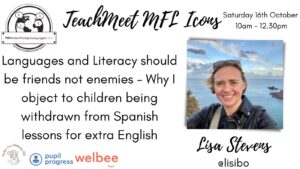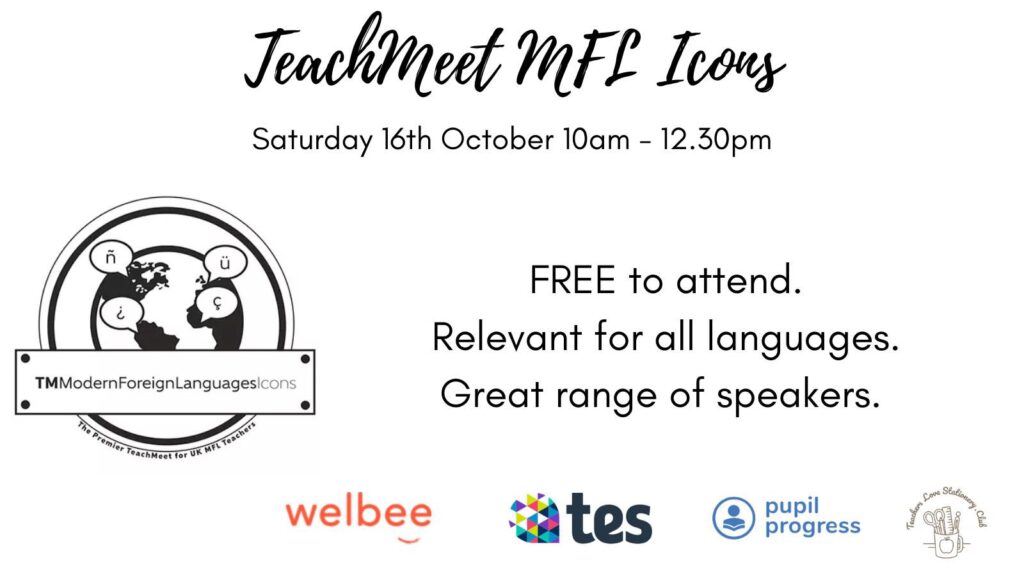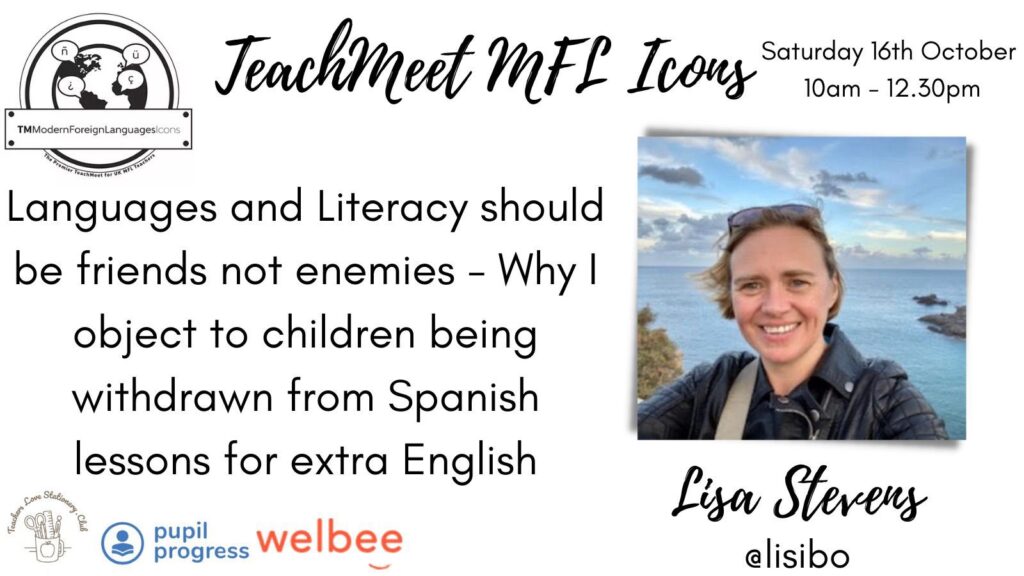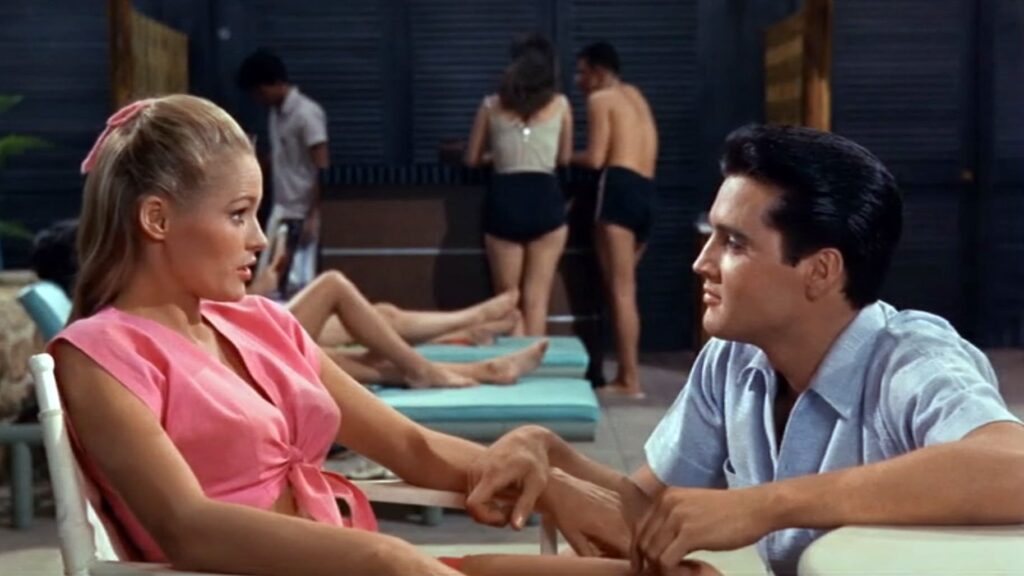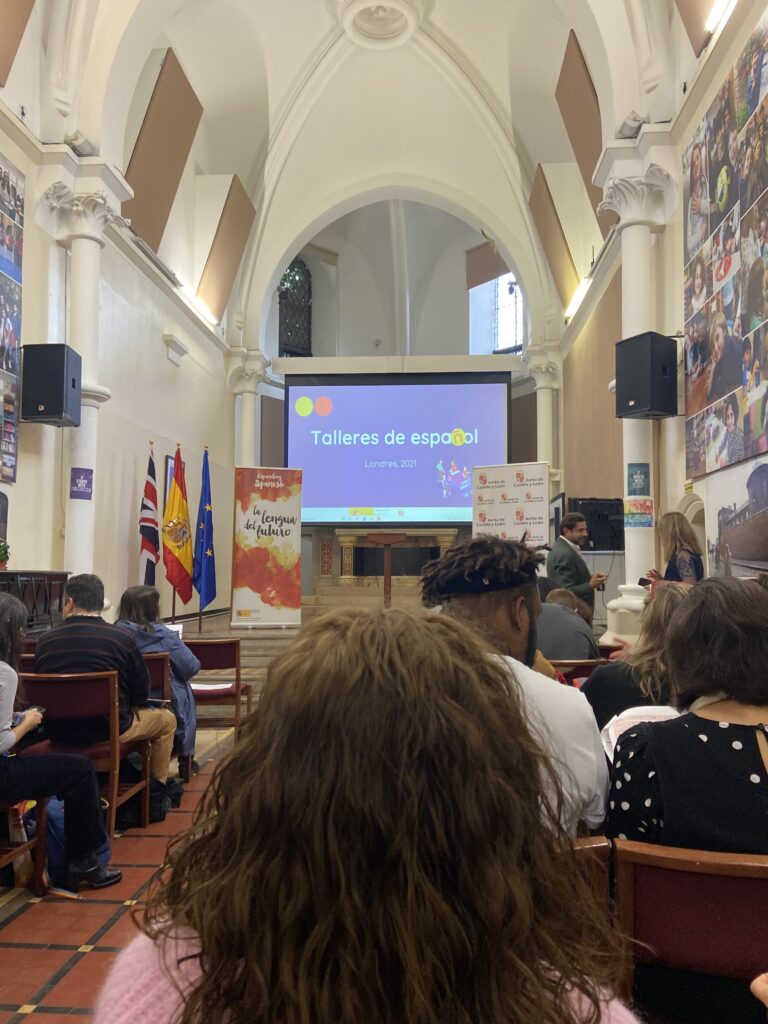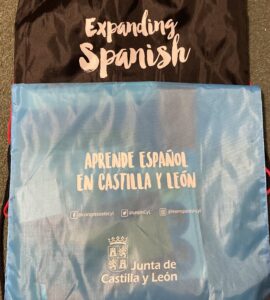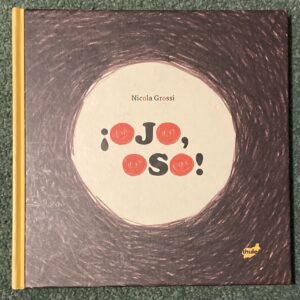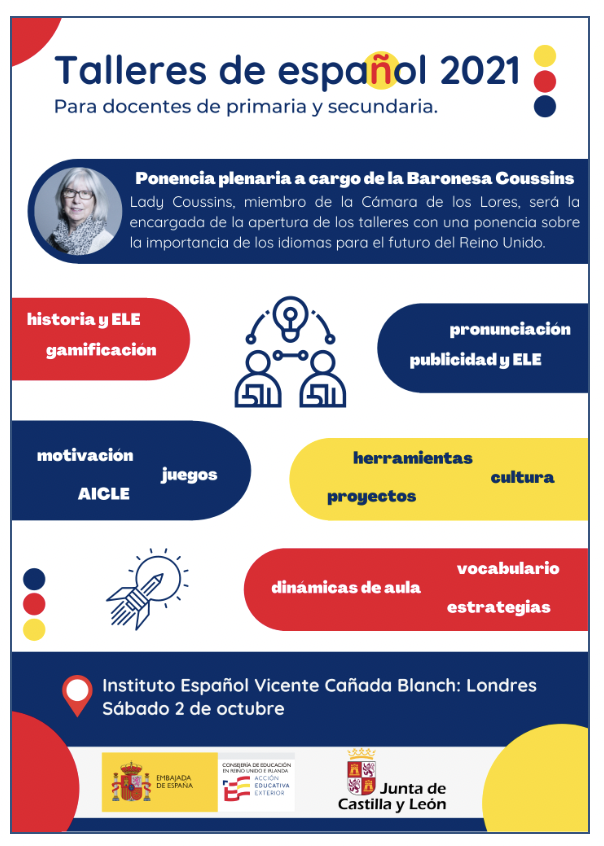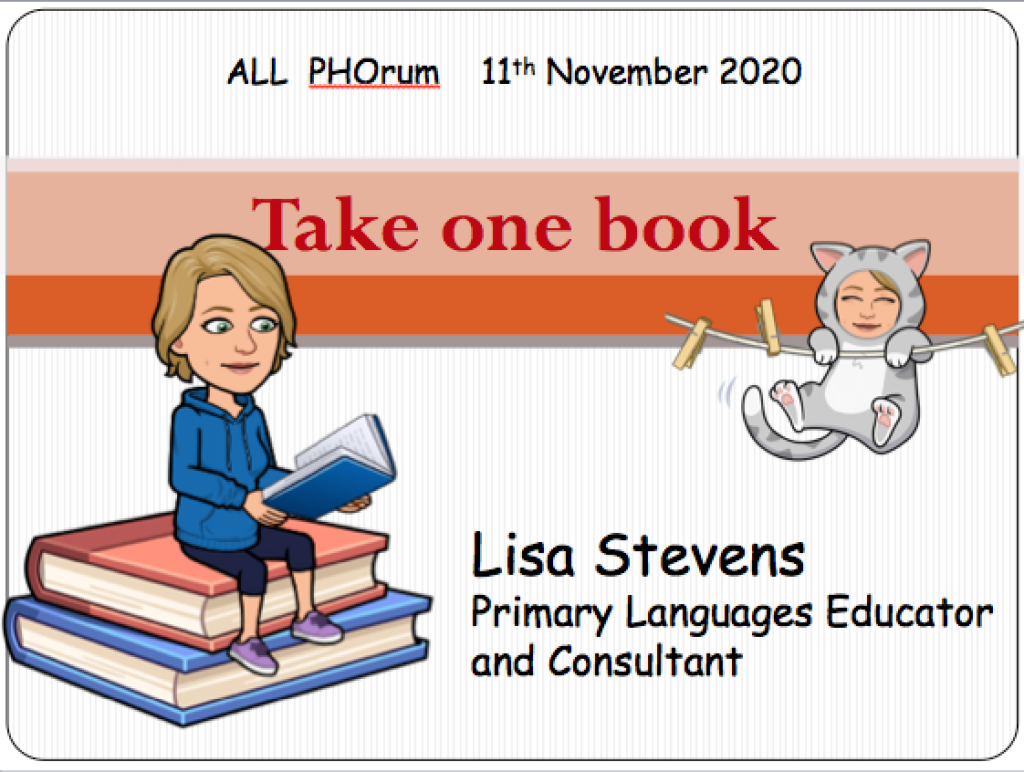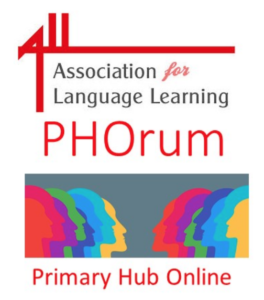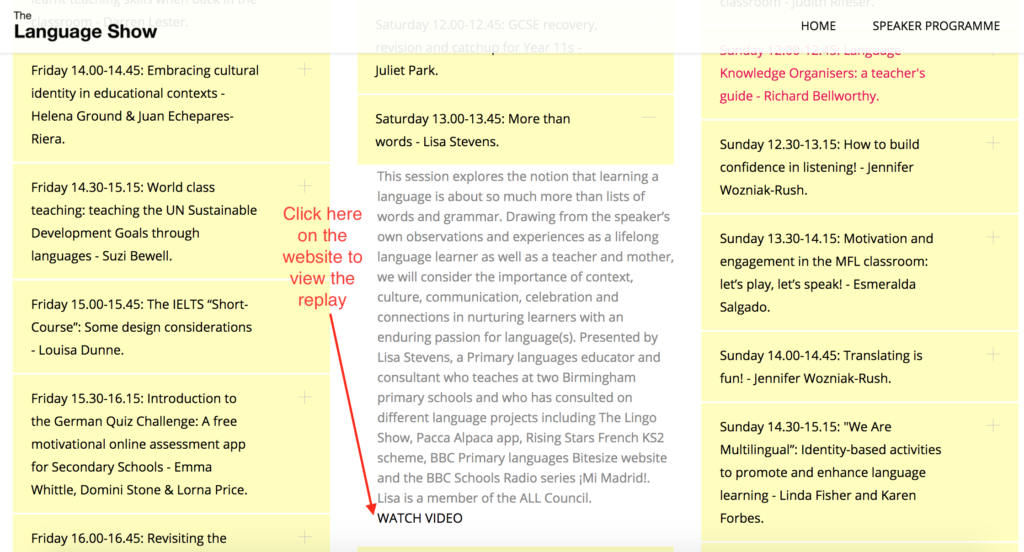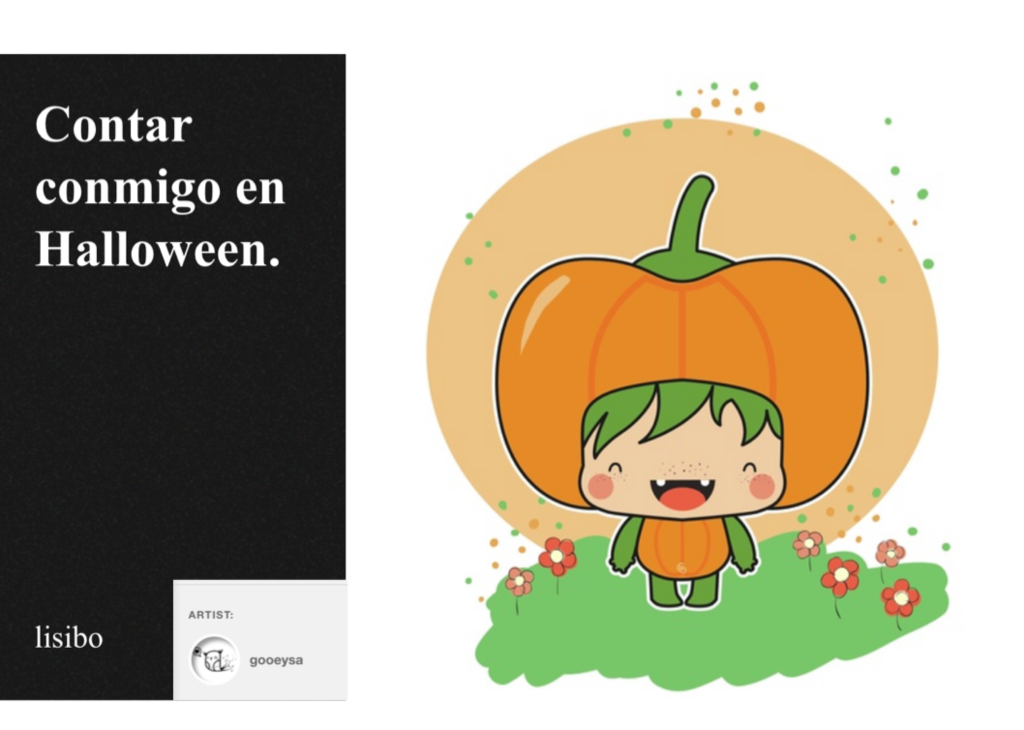A couple of weeks ago, I saw a post on Instagram asking if anyone else wanted to volunteer for the next TM MFL Icons – 5 minutes or 20 minute presentations. A series of incidents in real life and on social media had put in a bee in my bonnet so I thought – why not? Hence I went online on Saturday morning and talked about the subject of children being withdrawn from (Spanish) lessons for extra English.
I had volunteered for 5 minutes thinking I might not have enough to fill it but I had more than enough because, as usual, once I start, my head fills with more ideas than I originally had. So here is what I said/intended to say!
My title, formulated at speed to encapsulate said bee in my bonnet, is provocative and makes me sound more bolshy than I am; however, I do believe that it’s wrong to ROUTINELY withdraw children from language lessons – in my case Spanish – for extra English/interventions. You hear the argument that these children can’t speak English and they can’t do English so why are they doing another language, and I just think there are lots of reasons why it’s not a good idea to routinely remove them from the Spanish lessons.
First of all, we do a lot of work where everybody is working together, where everybody is repeating things together, what everybody is learning together. There’s safety in that and when you’re struggling, having everybody doing the same thing at the same time can build up your confidence and can give you that little boost that you need to be able to give it a go. I always say to my class that I cannot ask for more if you are doing your best and if you’re still only managing to get 5 out 10 on your own, I can’t make you work any harder than you already are so that support from your peers is really important. It’s important that learners don’t feel “set apart” too. That feeling of comfort and of solidarity with your peers is really important, and not just for those that are low ability or SEND. We get quite a few pupils at one of my schools that come to us because they’ve been putting in housing in our area and they’re with us for a short period of time and then move on somewhere else. It’s important that they quickly feel comfortable and are part the class, and I think the language lesson is a time when they are with their peers, to use a cliche, on a level playing field. I think that’s because of the structure of Spanish lessons where there is a lot of recycling, reiterating, retrieving and going back over stuff that we done before so there is that moment when children think “oh hang on, I can fit into this; I can do this!” One child joined the school towards the end of last year and about three weeks in, his mum approached me in the playground at hometime and said “Oh, YOU’RE Señora Stevens! My child keeps talking about how much he loves your lessons. He’s so happy when he’s in your lesson!” That’s a special feeling and made me think how much he’d have missed if he’d been withdrawn to improve his English!
Secondly I think the level of support offered in language lessons through modelling, scaffolding and lots of rehearsing is important and so beneficial. We do a lot of practising; saying things all together, rehearsing it with a partner, we listen and respond. There’s a lot of that oral rehearsal before we start to read and then we write. We might use whiteboards to practise before we commit it to our book. All this rehearsal is great training and it can be applied in their English learning. All this is also building up their resilience as they make and correct mistakes, and their understanding of how to learn language whether it’s Spanish or whether it’s English.
Learning another language also shows that there is value in speaking languages other than English. Sometimes children who have English as an additional language and/or who speak another language at home feel that they want to hide that and I think it’s important that they know that other people speak different languages. I enjoy making comparisons between languages and bringing other languages into lessons. I have a couple of pupils who speak Italian and routinely share words so we can see similarities and differences. And learners love it when I try words in Urdu, Punjabi and Arabic as I find it hard to mimic their pronunciation. They may speak another language but their skills have value.
There are also many ways in which we are reinforcing and supporting English literacy as we are learning Spanish. When we talk about nouns and adjectives, verbs and so on, we are echoing the vocabulary of their literacy lessons. When I explain that months of the year in Spanish don’t have capital letters, it’s an opportunity to reinforce the rules of capitalisation in English, that we do put a capital letter for months of the year, and that a capital letter is needed at the start of a sentence in Spanish just as we do in English. When we look at word order in Spanish, we compare it to English. When we read aloud or practise conversations, we’re working on prosody (something that is high on the Primary English agenda at the moment) ensuring that we’re using expression to create the ‘music of the language’ In Spanish they helpfully put question marks at either end of the question, and exclamation marks too to enclose the words as a signal that this has to be exclaimed. I liken this to the way English uses speech marks to enclose words spoken – the ¿ ? even echo the 66 99 of ” “!
One of the ‘incidents’ that prompted my idea was a colleague on LiPS being asked to stop teaching French phonics as children were getting confused with their English phonics. There was a long discussion about this, and the prevailing view was that phonics should be taught. For a start they’re one of the pillars of primary language learning, and are vital to successful pronunciation, decoding and writing. A comment that stuck with me was ‘if your one session a week is having a detrimental effect on several years worth of English phonics teaching, you must be doing something very right and perhaps the English phonics teaching could learn something from you!’ Whilst that is playing Devil’s advocate, there is some truth in the support offered by comparing phoneme/grapheme links. As I teach Spanish, there are fewer ‘tricky sounds’ than in French, or English, but by focusing on how phonics are important to us when learning how to say words accurately, we’re drawing attention to the need to use phonics in English too, to ‘sound out’ unfamiliar words. I always talk about using our Spanish glasses when we’re looking at Spanish text, something which really came into its own when I had a native Spanish speaker in class as we talked about how she had to put on her English glasses to read English!
There’s a lot to be said for experiencing success. If children experience success, it builds their confidence. The more confident they feel, the more risks they’ll take. Initial success might be very small but they add up. As we do lots of repetition and work with a limited vocabulary, the ‘answer’ is often repeated in multiple versions so success is more accessible. Plus we take small steps rather than giant leaps which are less scary! In a previous session at TM MFL Icons, Jane talked about the importance of joy and I so agree! I often wonder what it must be like to spend your whole day struggling and striving without that feeling of success and contentment. Success breeds confidence, and if you know that success is attainable, you’re more motivated to make that extra effort. Learners may not experience that success in other areas of the curriculum and by taking children away for all or even part of the lesson, it denies them that opportunity. There are lots of anecdotes on LiPS that support this. From my experience, I’ve had a number of children who have had multiple issues in other areas of the curriculum but have taken to language learning to the extent that I’ve had to explain to the (disbelieving) class teacher that they have achieved some of the same targets as their peers.
I’m not suggesting that language learning and Spanish lessons are some magic panacea to all SEND/EAL/other needs. I have at least one pupil who doesn’t access any part of the lesson due to his specific needs (he accesses very little of the curriculum in general) and there are modifications that can be needed. However, many of these are Quality First teaching strategies and will benefit all – I know that changes I made following a FutureLearn MOOC on Dyslexia and Language Learning have had a positive effect on many of the class. Nor am I saying that Spanish is more important than English or any other subject. It is entirely possible that there is little choice in some cases as to the timing of sessions (due to TA timetables and so on.) However, I would welcome some thought to be given to when interventions are staged and their effect.
Have you got a point of view? Let me know in the comments!
